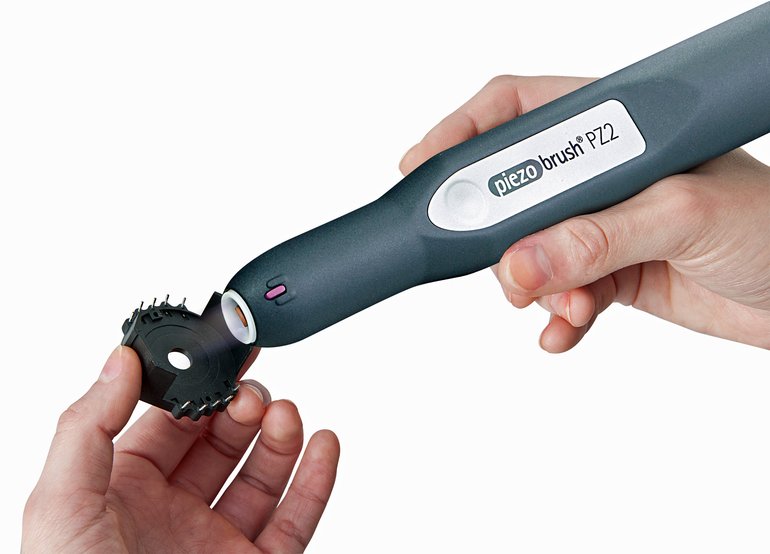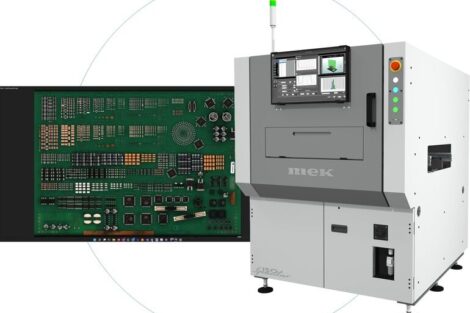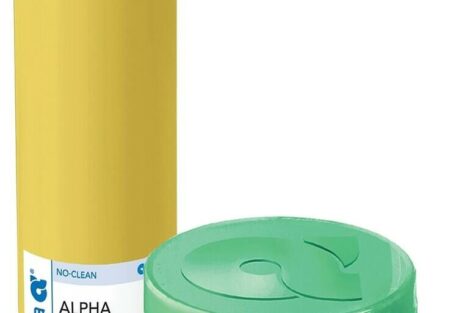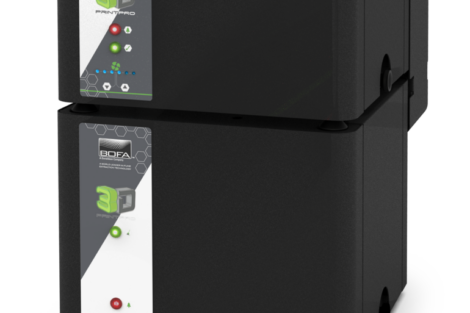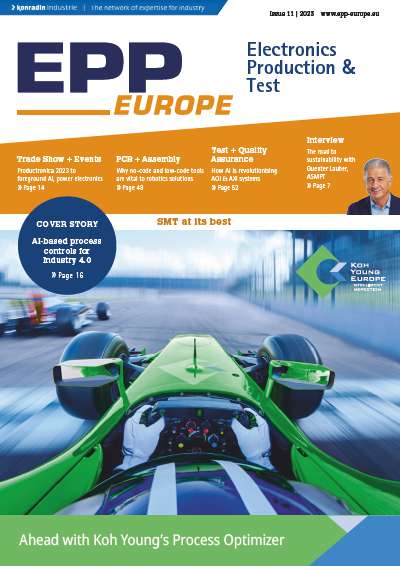Recent work by engineers at Intertronics’ partners Relyon Plasma has demonstrated the substantial increases in bond strength achievable with the use of plasma surface treatment, which can improve adhesion on many substrates, including those which are seen as difficult to bond. Plasma surface treatment can enable otherwise impractical bonds and improve assembly performance, while saving time and money in the concept-to-market cycle.
Two big areas of interest are structural plastics and the inter-mixing of plastic/composite/metal components in high performance applications. Plastics are usually characterised by inert surfaces with surface energies between 20 and 40 mN/m. In order to wet a surface, however, the surface energy of the polymer must exceed the one of the paint, ink or the adhesive. This condition can be achieved through a plasma treatment or “activation” of the surface, raising the surface energy and improving the wettability of the adhesive.
More important than the improved wetting are the chemical groups which are newly incorporated into the surface. This so-called surface functionalisation creates additional chemical “bonding anchors” or “bonding sites” for the adhesive.
The relative bond improvement is illustrated for various plastics and adhesives based on the increase of shear force until bond failure. Depending on the substrate and adhesive, it is possible to achieve shear strengths of up to 50 MPa through an optimized treatment with the Plasmabrush PB3 plasma surface treatment system from Relyon Plasma.
Increase of the shear strength after a short plasma treatment with dry compressed air at atmospheric pressure is demonstrated for various technical thermoplastic materials: PBT (polybutylene terephthalate), PE (polyethylene, HDPE) and PA6 (polyamide), and comparable effects are found on polypropylene (PP) and LCP polyester (LCP).
Adhesive bonding of plastics to metals is an application which is growing. A typical example is the bonding of composite materials (carbon fibre, CFRP) and aluminium (Al) materials in the automotive sector. Various adhesives can meet the structural requirements of the bond. However, a polymer matrix of carbon fibre reinforced materials can have poor adhesion characteristics. In this case, an atmospheric plasma treatment can be simply integrated into the bonding process.
When atmospheric pressure plasma processes are used with air, then mainly oxygen and hydroxyl groups are deposited on the plastic surface. These groups can form covalent bonds with the adhesive, helping to improve adhesive strength. The oxygen percentage close to the surface can increase by a factor of three (x3), achieving shear strengths above 20 MPa. In case of a composite based on a PA6 matrix, this can quadruple the strength. This improved strength can still be demonstrated even after several weeks. If instead of compressed air, other process gases are used such as nitrogen or forming gas (N2/H2), it is also possible to generate other specific groups on the surface, with appropriate results in adhesion and ultimate bond strength.


